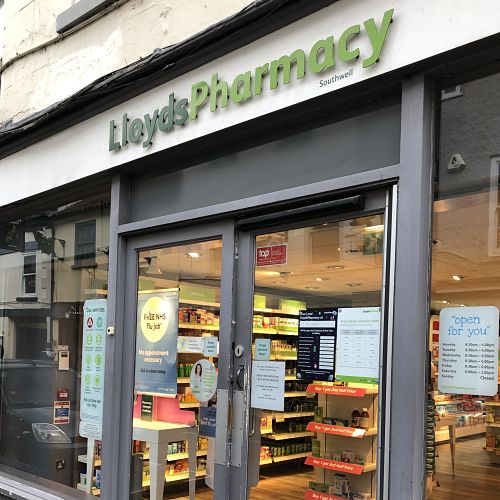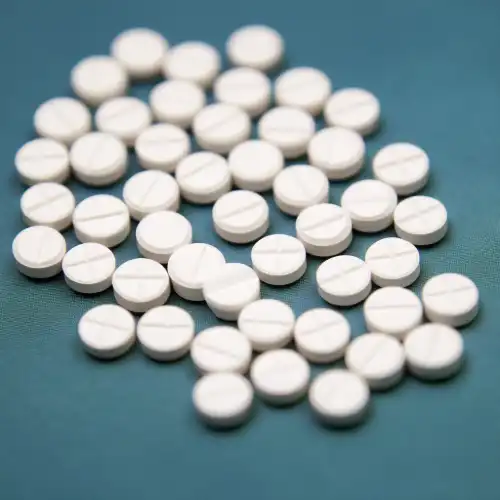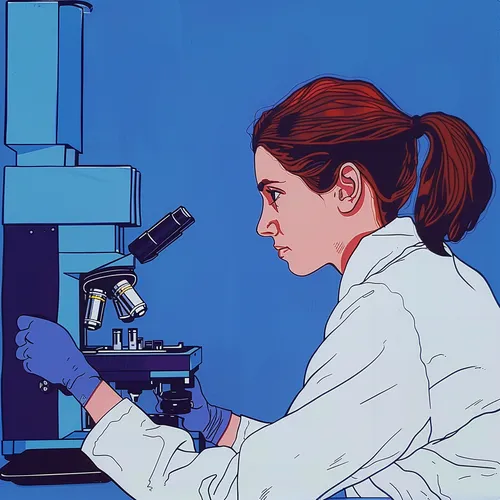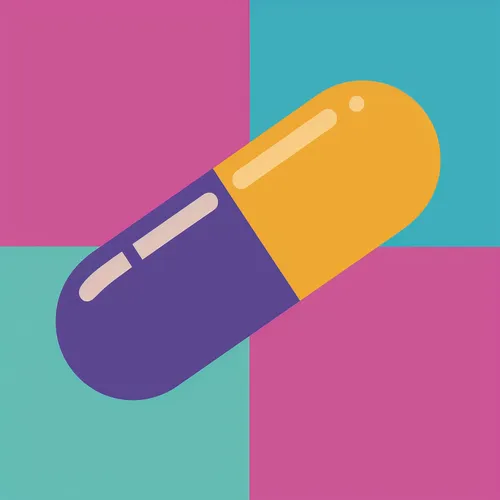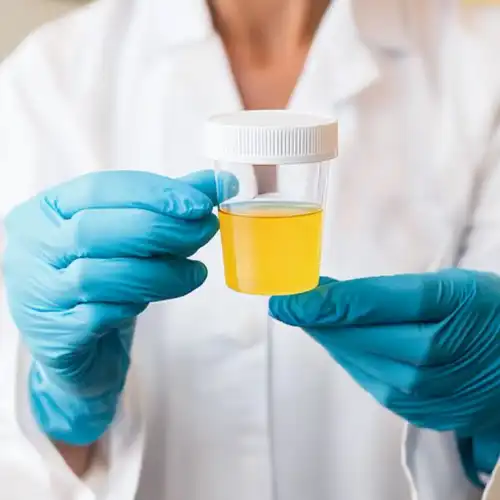Lloyds Pharmacy Drug Test Review
Lloyds Pharmacy is a well known chemist and pharmacy chain that has over 1800 branches all around the country. Although it has a diverse and varied product range, we could not find an own-brand Lloyds Pharmacy drug test when we searched in-store or online. Instead, the company seems to focus on one multi-panel urine drug … Read more

